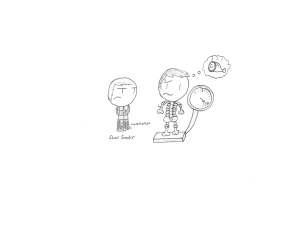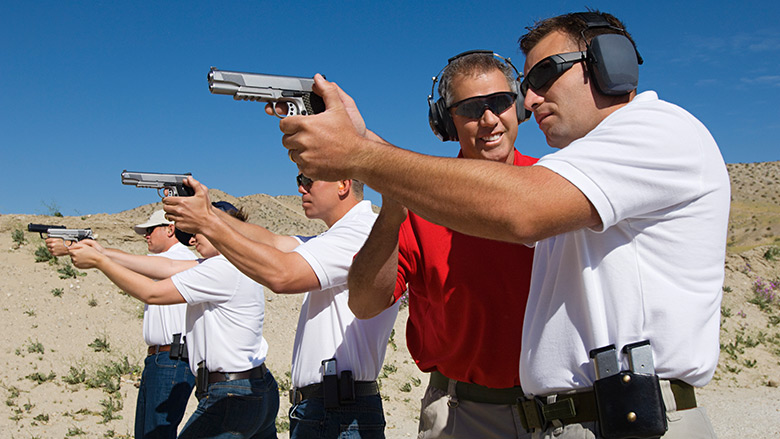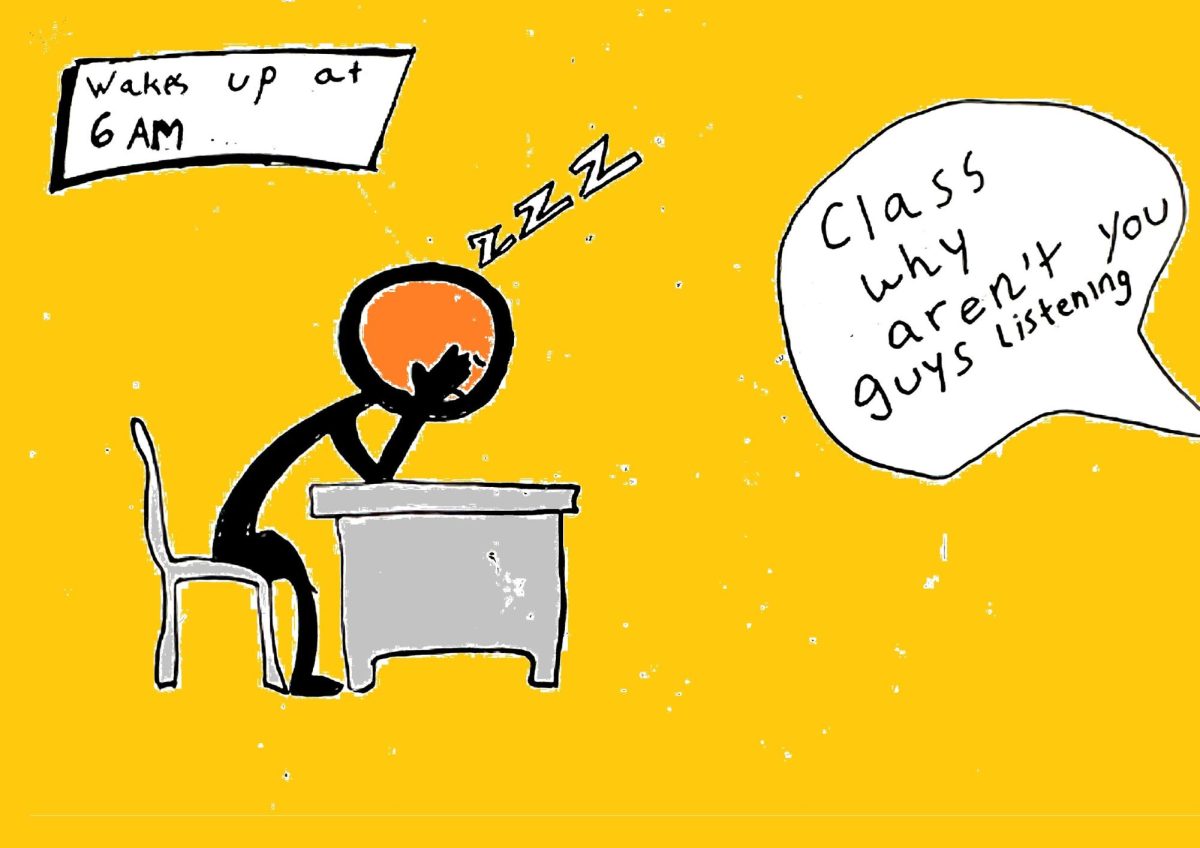
When people think losing a lot of weight really fast, they think that it is an unhealthy habit. However, most wrestlers lose weight in a healthy way. Instead of fasting and working out hard, they eat properly and do not overwork. This should be the model for all other athletes.
However, no matter how hard coaches try, there will still be some wrestlers that do fast and overwork their bodies. After they weigh in, they will overeat. Overeating could cause wrestlers to feel sick during their match. Wrestlers might also eat more than their body needs because they feel so hungry. This is unhealthy because the human body will store more fat when it is hungry because it is not sure when it will get fed again. Coaches and teammates have to keep a close eye on others in the program to make sure athletes do not harm their bodies.
Coaches here encourage weight loss in a healthy way, according to wrestling coach Zac Enoch. Some of the healthy habits they encourage are eating a lot of vegetables and drinking a lot of water. Wrestlers are also supposed to eat no sugary fruits or junk food. Other suggestions include not gaining weight on the weekend and not losing a lot of weight in a little amount of time.
During the day, as long as wrestlers are eating well and drinking at least half a gallon to a gallon of water, they will lose a lot of weight at practice. The weight will be mostly be water weight. When looking at the amount of weight lost after a wrestling practice, it may seem dangerous to some. It is actually healthy though because they lose the weight from sweat and will gain most of the weight back before the next workout.
To know how safe it is to be losing the weight, the rules of high school wrestlers weight loss needs to be understood. Wrestlers can only lose 1.5 percent of their body weight per week. Also, male wrestlers must have a body fat percentage above seven percent and 12 percent for females. Wrestlers must also pass a hydration test when they certify. Wrestlers usually certify when wrestling starts, but some wait right before the competition season starts.
The hydration test is a urine test. Testers will make sure that the urine color is clear enough to show that the wrestler is hydrated properly. The hydration test is important to show that the wrestler drank water that day, instead of trying to lose weight by dehydrating.
At times, individuals will put pressure on themselves to cut drastic weight to get into a weight class where they feel they can perform best, which can mean dropping more than five pounds quickly. That is why there are so many rules regarding weight drop. For example, going from 165.5 pounds to 159.2 pounds is not recommended over the course of one day, but this is what senior Gage Hernandez lost in about an hour and a half. In that timeframe, he put on sweats and ran sprints to lose weight. He had to lose this much weight so he could make weight for his initial certification.
Hernandez was still following the rules of the game–even if it maybe was not the best for his body–because one can lose as much weight as they want to or can do before certifying. After they certify though they must follow the 1.5 percent rule. If they lose too much they cannot wrestle at that weight. They would have to wrestle at whatever weight they could have wrestled at according to their chart. The chart says the lowest they can weigh for that week based on losing 1.5 percent body weight per week.
An example would be a 200-pound wrestler losing three pounds in a week. If he lost five pounds, he would still wrestle at the weight class for a 197-pound wrestler.
Hernandez broke no rules because he had gained the weight over the weekend and he had not been weighed since Friday practice. As long as he lost if before he certified, it did not break any rules. That does not mean it was healthy to lose that much weight. Immediately after weighing in, Hernandez drank one and a half liters of water so he could try and rehydrate himself for the practice.
When wrestlers drop that much weight, it makes all wrestlers look unhealthy. Most wrestlers lose weight slowly and in a healthy and consistent manner. When wrestlers lose a lot of weight, it could not just affect them short term in their match or practice, it could also affect them in long term. Long term problems could be that the wrestler is always tired and hungry. This could break concentration not just in matches but also in school.
When they go into their match, they could weigh much more than the weight class they are wrestling in. The only way that wrestlers can weigh more during their match is if when they weighed in they made the weight. Then between the weigh in and the match they ate a lot of food and gained weight. After weighing in, the wrestlers could eat a lot of food and when they wrestle could end up weighing more than the weight class they are in. Wrestlers see that if they move down a weight class, they will have a better chance of winning.
Wrestling at 170 is really wrestling someone bigger than that when the match starts, according to Hernandez. He goes on to say everyone wrestles lower than they weigh, so if he wants to do well, he has to do what everyone else does.
There are some wrestlers like senior Tyler Jordan that do lose weight the right way. He worked out a couple months before the season to get from 166 to 152 pounds. This is what dedicated wrestlers should do. He will have better matches because he is not as tired as someone who has been recently dropping weight.
Losing weight before the season sets the wrestler up for success during the season. If wrestlers are losing a lot of weight at once, they are not just losing fat but they are also losing muscle mass. If a wrestler loses the muscle mass just to move down a class, it would have just been better to stay at their original weight and gain muscle mass.
These athletes need to understand that when they lose a lot of weight at once, they are not just losing fat but muscle mass also. If they just focused on eating well and building muscle, the fat would come off.
The majority of wrestlers here focus on losing a little weight at a time, and their coaches are doing everything within their means to make sure the athletes are being safe.








